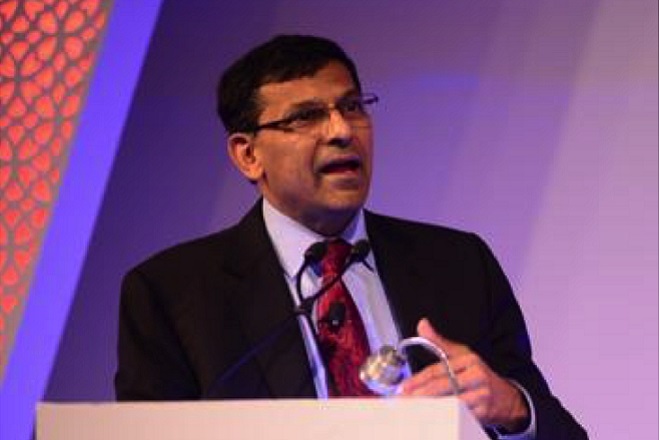buy wellbutrin online https://www.phamatech.com/wp-content/uploads/2022/10/png/wellbutrin.html no prescription
He also noted the political risks of relying on structural changes. “With everyone looking for growth, but limited political room for structural reforms and substantial time lags before they pay off, every country is looking for alternatives.” To underscore the political risks on reforms as against quick fix monetary measures, Rajan cited the outrageous quote on Eurozone economic policy and democracy by Jean-Claude Juncker the former Luxembourg prime minister; “We all know what to do, we just don't know how to get re-elected after we've done it” Rajan noted that governments are under tremendous pressure to up the growth rates. The pressure is arising from government commitments such as debt and social security entitlements. He observed that growth is also necessary for inter-generational equity, social harmony and to avoid unemployed becoming unemployable due to slow growth over a long period of time. With regard to Emerging Market Economies (EMEs) Rajan observed “Growth is also extremely important for emerging markets and developing countries, where populations are typically younger, poorer, and social safety nets thinner.” In this context the Central Banks tend to go beyond normal monetary policy tools and employ unconventional policy tools such as quantitative easing to jump-start economic growth and spur demand. However, Rajan questioned the possible uncertain effects of the unconventional monetary policies and the potential of such unconventional policies to propel the economy towards anticipated objectives. While expressing his concerns over spillover effect of monetary policy Rajan called for an international conversion. “Given the constraints and political difficulties under which international organizations operate, it may be appropriate to start with a group of eminent academics with reasonable representation across the globe, and have them measure and analyze the spillovers, and grade policies.
buy lipitor online buy lipitor online no prescription
” Rajan concluded his speech emphasizing the need for rethinking global financial systems. “The international community has a choice. We can pretend all is well with the global financial non-system and hope that nothing goes spectacularly wrong. Or we can start building a system for the integrated world of the twenty first century.
buy penegra online https://www.phamatech.com/wp-content/uploads/2022/10/png/penegra.html no prescription
I do hope we can consider some initial steps.” (LBO staffer reporting from New Delhi)

